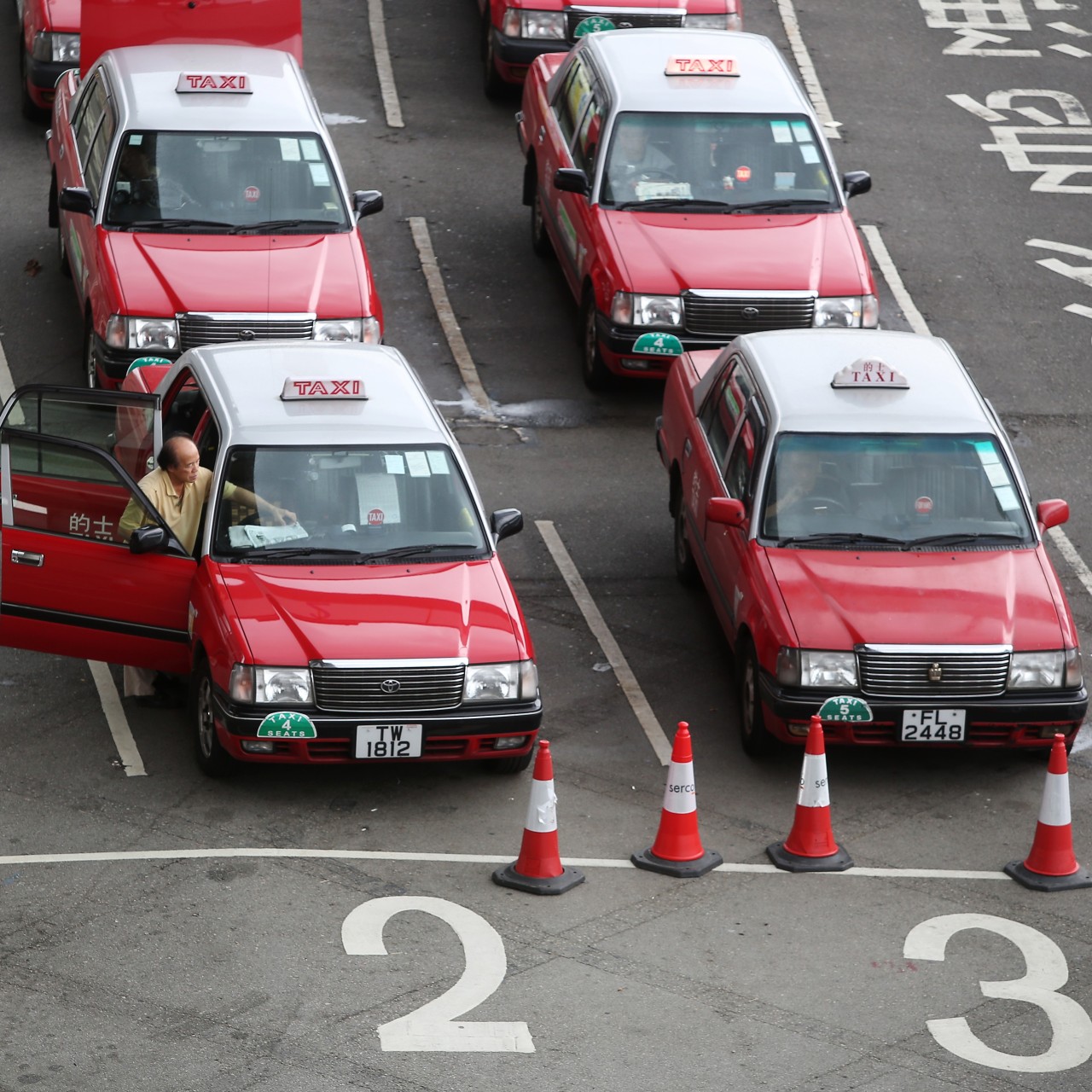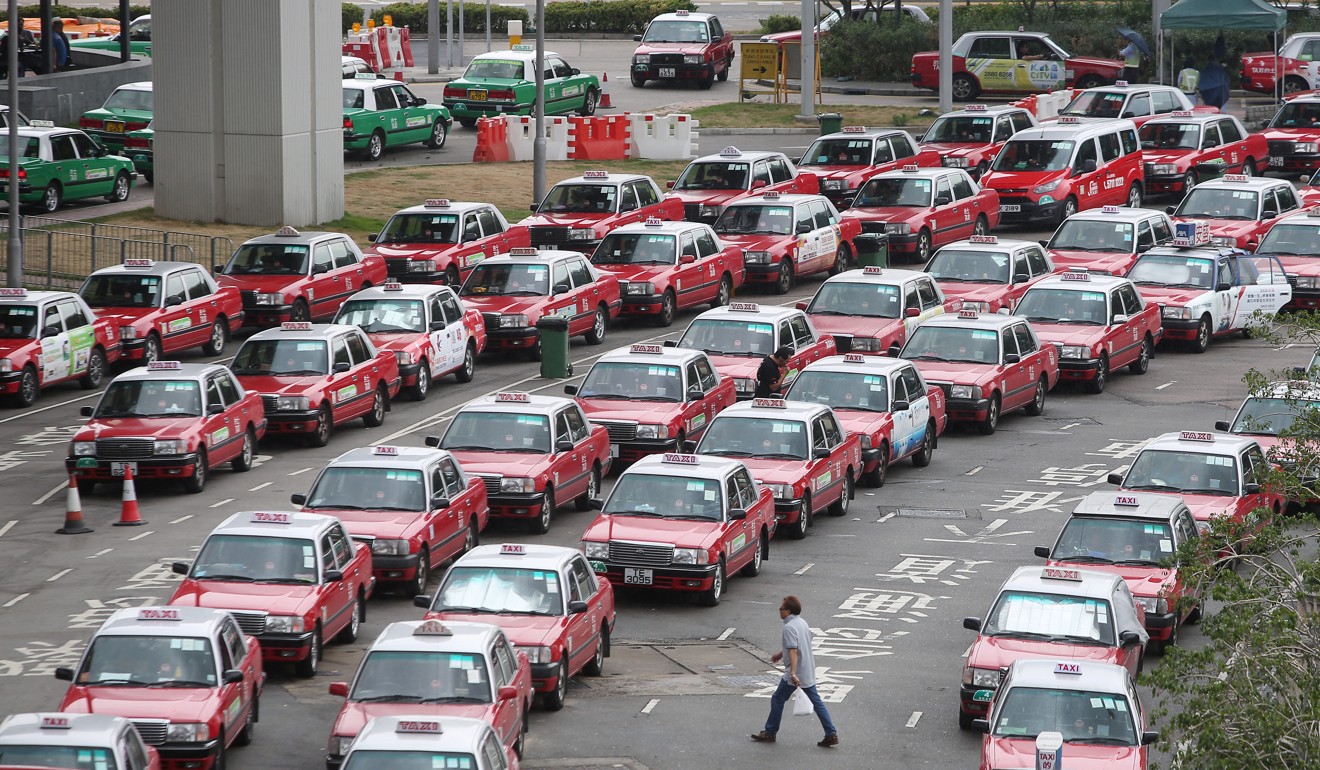
Few Hongkongers are interested in taking premium taxis due to be rolled out by the government because of high costs and the poor attitudes of taxi drivers, a survey has found.
Introduced by the government in April under the Franchised Taxi Services Bill, 600 premium taxis will be operated under a trial scheme, with enhanced services such as Wi-fi, phone-charging stations and 24-hour customer service. At least half of the taxis will also offer services for wheelchair users.
The survey, conducted by Hang Seng University of Hong Kong for the Hong Kong Taxi Council, found that almost 40 per cent of the 1,200 passengers interviewed had low motivation to try these premium services.
A total of 39.4 per cent of respondents said they were not interested in using the new taxis, while only 16 per cent declared themselves interested; the remaining 44.6 per cent were indifferent to trying them.

The planned franchised taxis are more expensive than regular ones. The suggested base fare for premium taxis is HK$36 (US$4.60), while a regular urban taxi is HK$24. The base price for a cab in the New Territories is HK$20.50.
“Starting prices for franchised taxis are higher than the normal taxi services by almost 50 per cent. If passengers are taking a short journey, they wouldn’t want to use this service,” said Danny Ho Chi-kuen, assistant professor in the department of supply chain and information management at the university.
He added that the incomes of passengers might also be a factor in their willingness to opt for the more expensive taxi.
“If they earn a higher salary, they might be more motivated to use the premium taxi services.”
Negative impressions of regular taxi drivers have also risen this year, making passengers even less willing to try the premium services.
Respondents were asked to rate the quality of the services provided by taxi drivers from 0 to 100. In the first quarter of 2019, 62.7 per cent of the respondents were satisfied with the services, giving a score of 60 or over. This is a drop from 68.5 per cent in the fourth quarter of 2018.
“To improve the impression of taxi drivers, maybe a better complaint system could be established to give passengers more opportunities to register their discontent with taxi services,” said Ho.
The survey highlighted some improvements that could be made, such as drivers showing a better attitude, as well as shortening waiting times for passengers and improving vehicles’ environmental performances by lowering fumes emissions.







